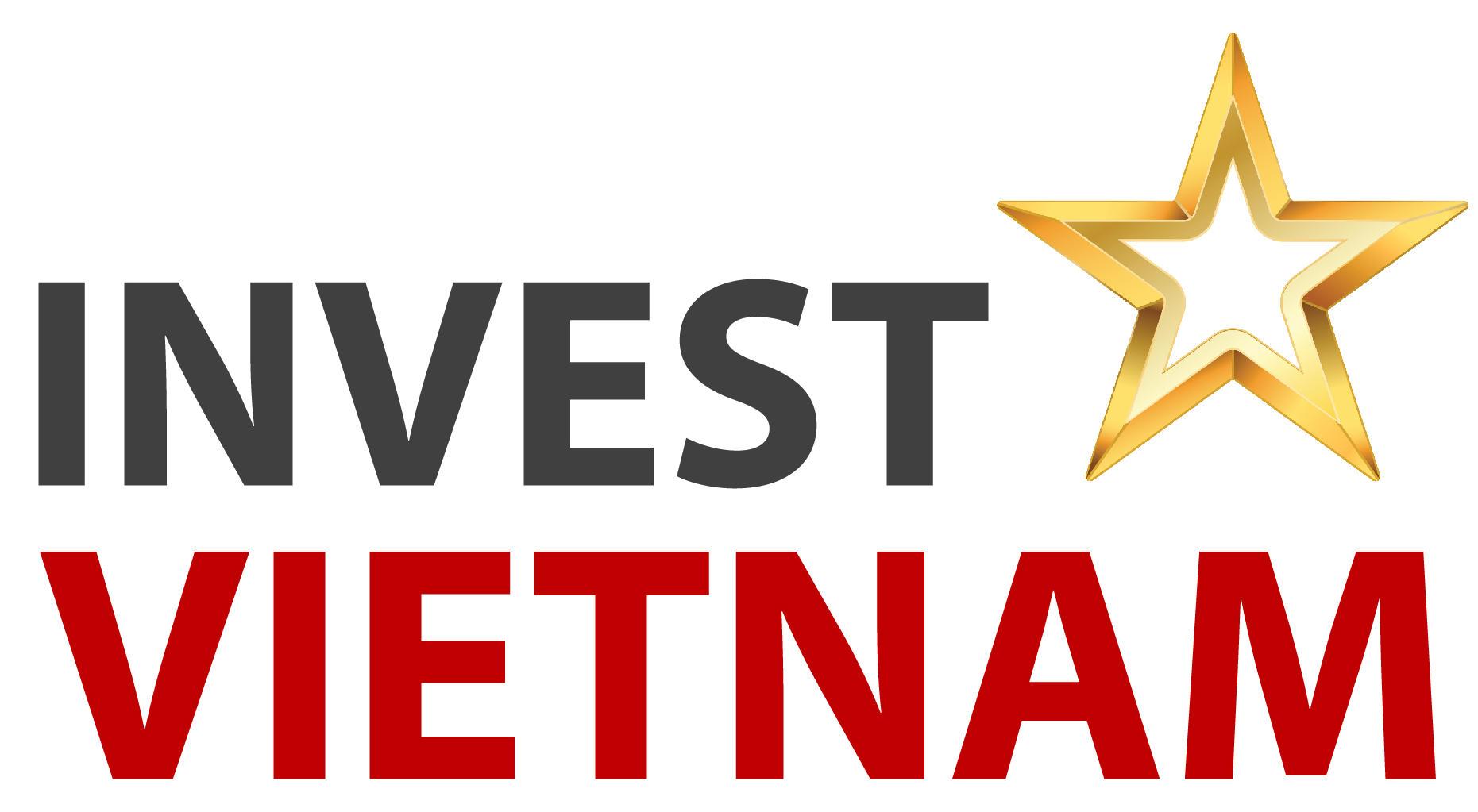Visa and work permit: What are the structure of visa types and durations? Who have to get work permit? Documents and procedures?
Visa apply
A new Vietnam Immigration law effects on January 1, 2015. This is an evidence of Vietnam’s efforts to establish entry and exit policies that provide more clarity to employers and foreign nationals. The full impact of the new law will depend on how it is ultimately implemented. Following are the key changes in this new immigration law:
1. New structure of visa types and durations:
Under the upcoming system, foreign nationals will apply for a visa based on their occupation or intended travel purpose, with distinct visa categories for occupations such as investors, lawyers, or journalists. Each visa classification will have its own maximum duration period ranging from 30 days to five years. The new structure will increase the number of immigration categories from four general groups to twenty specific visa classifications.
The full impact of the new visa structure will not be known until implementation details are released by the Vietnamese government. The change is intended to give visa applicants and sponsors greater clarity regarding permissible activities and maximum duration.
| No. |
Type of visa |
Description
|
Staying
duration
|
Temporary resident
card duration
|
|
1
|
NG1-NG4 |
Diplomatic
|
UP to12 months |
UP to 05 years |
| 2 |
LV1-LV2 |
Working with Vietnamese authorities/parties |
UP to 12 months |
UP to 05 years |
| 3 |
ĐT |
Investor/ Foreign Lawyers |
UP to 05 months |
UP to 05 years |
| 4 |
DN |
Working with Vietnamese Enterprise |
UP to 12 months |
N/A |
| 5 |
NN1-NN2 |
Chief Representative Office, Head Of Project Of Foreign, Chief rep of rep offices in Vienam
|
UP to 12 months |
UP to 03 years |
| 6 |
NN3 |
Staffs Of Head of Project Office, Rep Office in Vietnam
|
UP to 12 months |
N/A |
| 7 |
DH |
Students/ Interns |
UP to 12 months |
UP to 05 years |
| 8 |
HN |
Attending Meeting |
UP to 03 months |
N/A |
| 9 |
PV1 |
Journalists with pernament residence in Vietnam
|
UP to 12 months |
UP to 02 years |
| 10 |
PV2 |
Journalist with short term in Vietnam |
UP to 12 months |
N/A |
| 11 |
LD |
Foreign Workers |
UP to 02 years |
UP to 02 years |
| 12 |
DL |
Tourists |
UP to 03 months |
N/A |
| 13 |
TT |
Dependents of No. 2, 3, 5, 7, 9,11 |
UP to 12 months |
UP to 03 years |
| 14 |
VR |
Visiting Relatives, Other Purpose |
UP to 06 months |
N/A |
| 15 |
SQ |
Related to MOF, Consulate with the purpose of market research, visiting relatives, tourist, Medical treatment
|
UP to 30 days |
N/A |
2. Unable to convert Tourist visa to Working visa
According to article 7, point 1 of the new law, the purpose of Vietnam visa may not be converted from one purpose to another. For instance, someone entering Vietnam with a tourist visa (DL) may not be able to convert it to a working visa in country (LD)
3. New entry and exit restrictions:
There will be greater restrictions on entry for individuals with adverse criminal or immigration records from any country. Foreign nationals deported from Vietnam will be banned from entry for three years. Minors under the age of fourteen will not be permitted to enter Vietnam unless traveling with a parent or legal guardian. Foreign nationals will not be permitted to exit Vietnam if they have not fulfilled all tax obligations, are facing criminal charges or administrative sanctions, are serving a criminal sentence, or are a party to any civil, economic, labor, administrative or marriage litigation in Vietnam:
Prohibited conditions for entrance:
-
Any person that was deported from Vietnam within the last 03 years;
-
Any person that was compelled to leave Vietnam within the last 06 months;
-
Any person Presenting forging paper or providing false information to obtain entry/exit/residence permit.
-
A child under 14 years of age traveling without an accompanying parent or custodian; etc
Prohibited conditions for exit: A foreigner’s exit will be suspended (up to three years) in the following cases:
-
His or her tax obligations have yet been fulfilled;
-
He/she is obliged to comply with an administrative sanction;
-
He/she has been criminally charged or must serve a criminal sentence;
-
He/she is a defendant or a person with related rights and obligations in a civil, economic, labor, administrative or marriage litigation case
Work permit
To begin working in Vietnam, expats need to secure a work permit. To do this, foreigners need to have a work contract and an employer who is willing to arrange the details for them. They will apply to the local Department of Labor, War Invalid & Social Affairs in their city. The government is currently making reforms to simplify the requirements for the work permits, and extend exemptions. The last reform was implemented in April 2016.
The exempted expats
There is an important list of exempted expats, and here is the explanation in detail of who is eligible:
-
Expats possessing a bachelor’s degree, with at least three years of experience in the field they want to work in. This only applies if they are in the country for no more than 30 days at a time and no more than a total of 90 days in a year.
-
Expats transferred by their company, only if this company operates in one of these fields: information technology, business, education, distribution, construction, health, environment, finance, transportation, tourism, and entertainment. Expats with this exemption can stay in the country for the entire duration of the work permit.
-
Teachers working in international schools under the control of foreign embassies. If they work for Vietnamese schools, they need to get permission from the Ministry of Education. Expats with this exemption can also stay in the country for the entire duration of the work permit.
-
Interns working in Vietnamese companies, authorized volunteers from international NGOs, and experts supporting the implementation of Official Development Assistance projects. Expats with this exemption can also stay in the country for the entire duration of the work permit.
Also, the employer will have to send documents to the Ministry of Labor, War Invalids, and Social Welfare. The ministry will confirm the exemption within three days, and this exemption will be valid for two years.
Expats who need a work permit
Any other foreigner working in Vietnam will need a work permit. They will have to send their documents to the Ministry of Labor, War Invalids, and Social Welfare. You must submit the following documents to the ministry at least two weeks prior to the beginning of employment, but it is highly advisable to begin the procedures a couple of months beforehand if possible:
-
Proof of employment with a foreign company that sends staff to work in Vietnam
-
A notarized copy of your passport
-
A request written by the employer for a work permit for the employee
-
A medical certificate, issued by authorized agencies either abroad or in Vietnam and valid for twelve months
-
Documents to support your qualifications as a manager, executive, professional, or technical worker
-
A criminal record from your country of origin. If you have been residing in Vietnam for more than 30 days, you only need to obtain this from the Vietnamese authorities
-
Two color photos (size 4 cm x 6 cm, white background, looking forward, bareheaded, no colored glasses), taken within the last six months.
The ministry will respond within seven days, and this work permit will be valid for two years.


